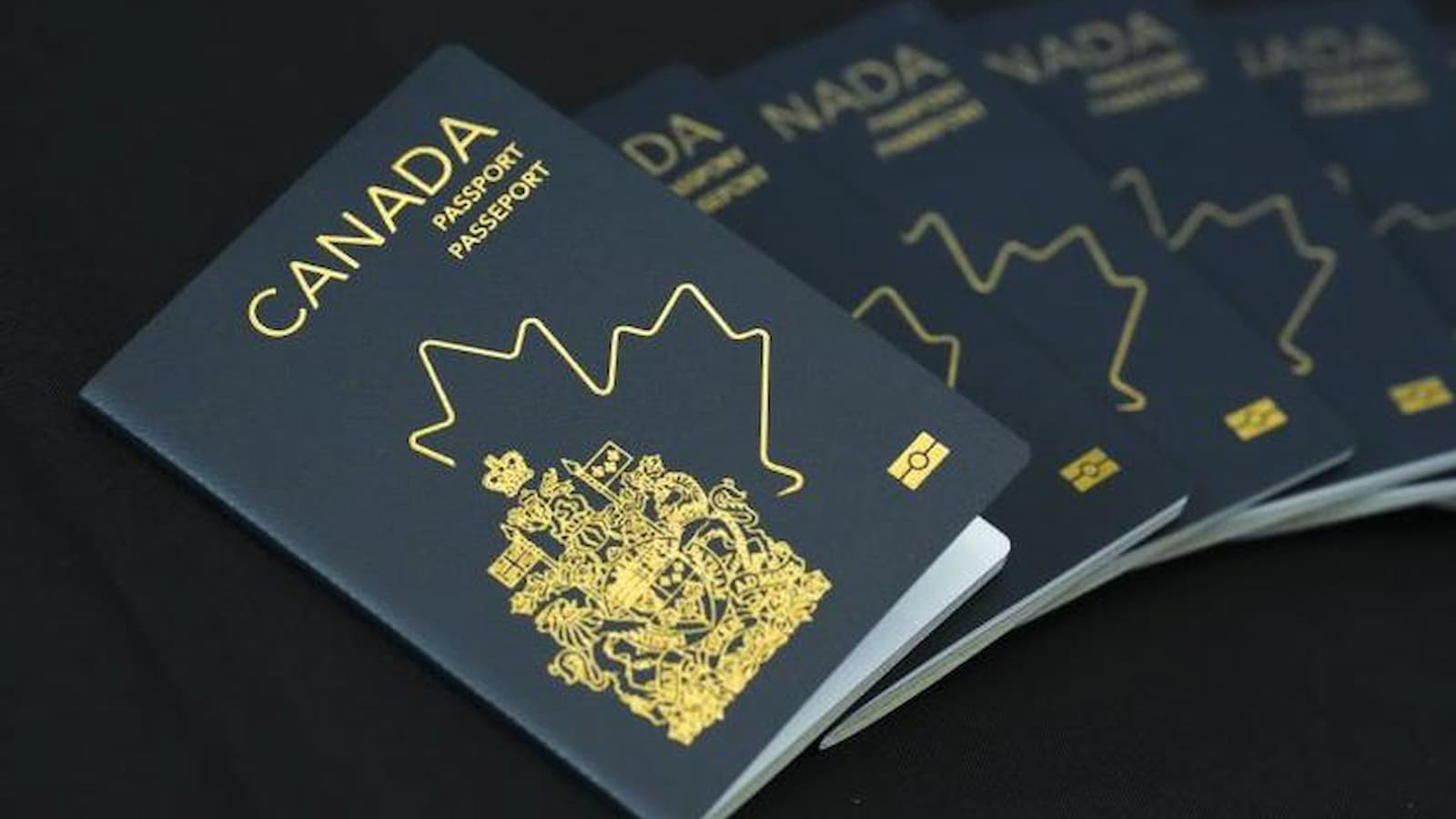Canada Citizenship: The Canadian federal government’s decision to deny automatic citizenship to the offspring of foreign-born Canadians who were raised overseas has been declared illegal by the Ontario Superior Court.
The court decision is challenging the “second-generation cut-off,” which prevents Canadians born abroad from obtaining citizenship when they have children outside of the nation.
Seven Canadian families spanning several generations asserted in the case that the cut-off breaches sections 6 and 15(1) of the Canadian Charter of Rights and Freedoms.
The judge, Justice Akbarali, wrote that the “second-generation cut-off” distinguishes between Canadians who became citizens at birth due to their birth in Canada and those who became citizens through descent from their birth outside of Canada, based on national origin.
GST Increase 2024: When is the GST Increase Coming Out in Canada?
Because they cannot pass on Canadian citizenship by descent to their offspring born overseas, unlike Canadian-born citizens, the latter group is considered to belong to a “lesser class of citizenship,” according to Akbarali. Furthermore, Canadians who acquired their citizenship by descent at birth also belong to a lower class of citizens as, in contrast to Canadians born in the country, they are not entitled to automatically return to Canada to reside with their children who were born abroad.
According to Akbarali, the regulation is a “patriarchal and racist policy.” She supports the families’ argument that the bill discriminates based on both sex and country origin. Due to the combination of their nationality and sex—only women are capable of becoming pregnant—first generation women born overseas are disproportionately affected.
“First-generation born abroad women who are living abroad are disadvantaged by the second-generation cut-off when they become pregnant because it forces them to choose between their careers, financial independence and stability, and health care, on the one hand, and the ability to ensure their child receives Canadian citizenship, on the other.” wrote Akbarali.
She has ordered the Canadian government to change the Citizenship Act and repeal this clause within six months.
Recognizing the Canadian citizenship threshold for the second generation
According to the present norm, if a person was born outside of Canada and at least one of their biological or legal parents was a citizen of Canada at the time of their birth, they may be eligible for citizenship. Nonetheless, Canada has restricted citizenship by descent to the first generation of non-Canadian parents’ children born abroad.
Since it was first put into force in 1947, the Canadian Citizenship Act has undergone multiple amendments. For a long time, the Act permitted Canadian parents to provide citizenship to their offspring born abroad for as long as the foreign-born decedents had registered with the government by a specific age.
Following a protracted conflict between Israel and Lebanon, a large-scale evacuation of Lebanese Canadians resulted in the implementation of the “second-generation cut-off” in 2009. The Canadian government’s answer was the bill, which was presented as a simple solution that would guarantee residents’ “real connection” to Canada and so “protect” the value of Canadian citizenship.
Diane Finley, the immigration minister at the time, claimed that the modification was made to deter “Canadians of convenience.”
How to request a citizenship certificate
To verify one’s citizenship status, the Canadian government demands a “proof of Canadian citizenship” application, often known as a Canadian citizenship certificate application. Passport Canada only recognizes the Canadian birth certificate and the Canadian citizenship certificate as proof of Canadian citizenship. Both are provided by Immigration, Refugees and Citizenship Canada (IRCC).
No matter if a person’s Canadian parent is still alive or has passed away, they are free to apply for a citizenship certificate at any time in their lives. You must download the application package from the IRCC’s official website to begin the application procedure. Evidence proving at least one of the applicant’s biological or legal parents was a citizen of Canada at the time of the applicant’s birth must be provided with the application.
An “acknowledgment of receipt” will be sent to you after applying, and the IRCC will then review and process it.



